You know what it looks like… but what is it called?
TAKE THE QUIZpronoun
noun
pro·noun
ˈprō-ˌnau̇n 

1
plural pronouns
: any of a small set of words (such as I, she, he, you, it, we, or they) in a language that are used as substitutes for nouns or noun phrases and whose referents are named or understood in the context
2
pronouns plural
: the third person personal pronouns (such as he/him, she/her, and they/them) that a person goes by
Love words? Need even more definitions?
Merriam-Webster unabridged
-

- I went to the ______ store to buy a birthday card.

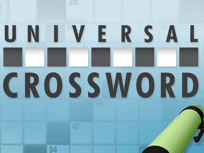
A daily challenge for crossword fanatics.
TAKE THE QUIZ


 Lucy Brisbane
Lucy Brisbane
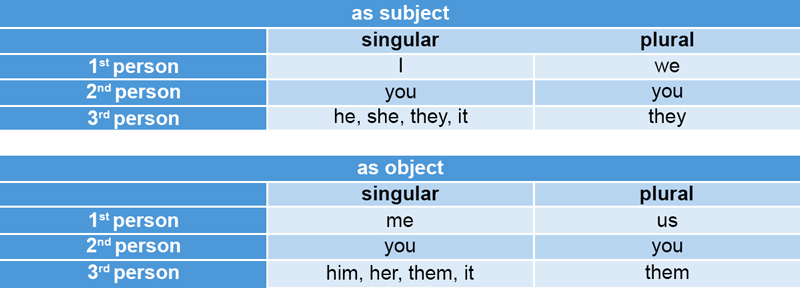







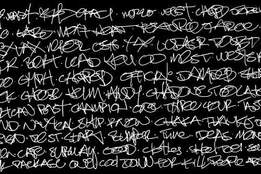

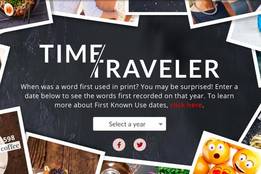
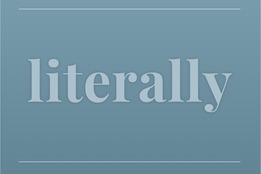
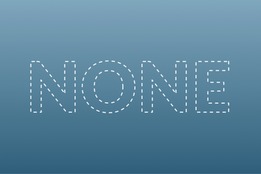
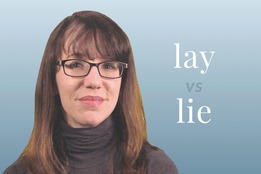
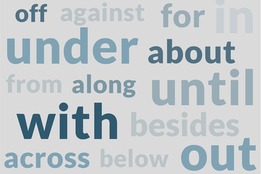




Share